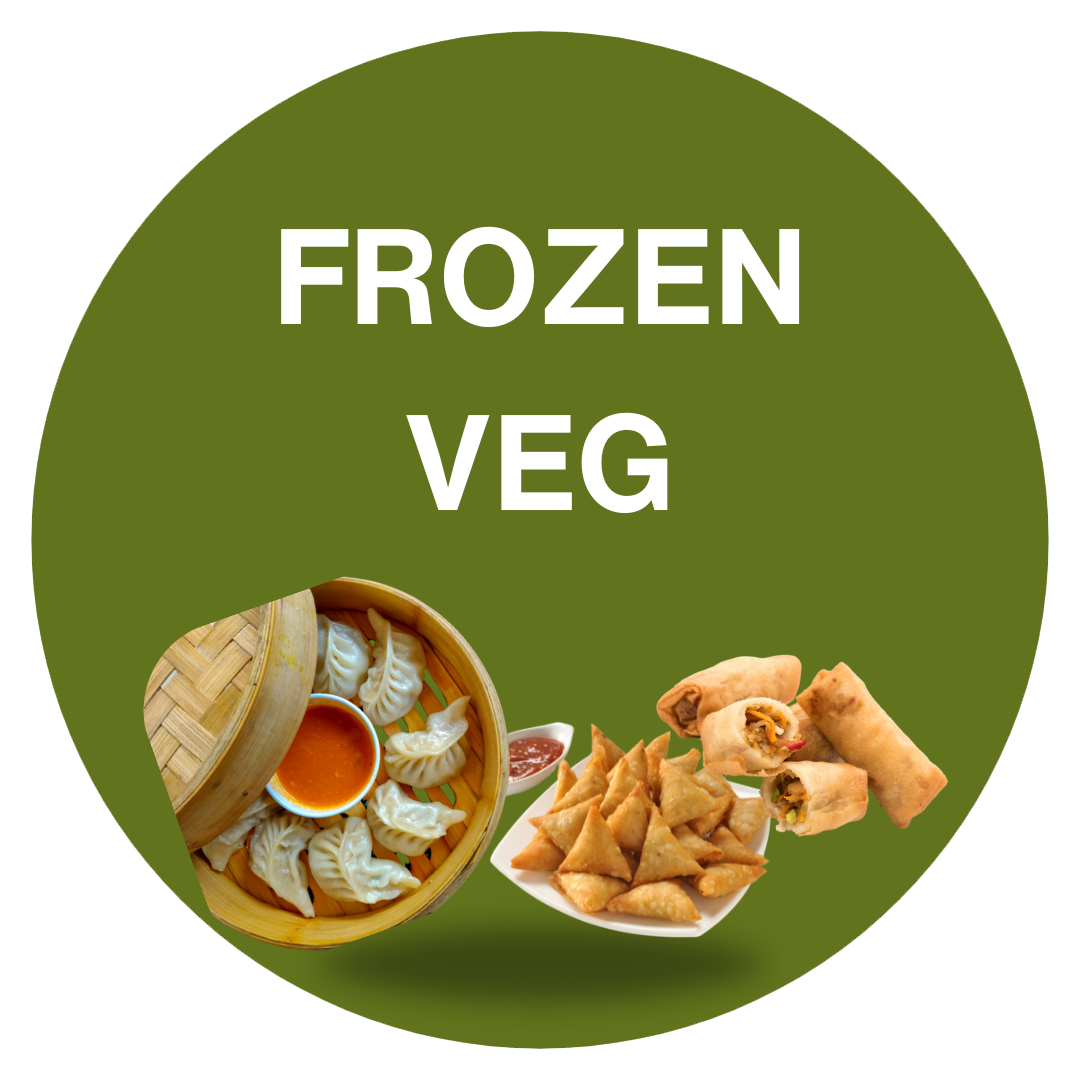Ever wondered what vegans and vegetarians are?
Veganism and vegetarianism are becoming increasingly fashionable. However, some people may be perplexed by the contrasts between these two diets, especially since vegetarianism comes in many forms..
We'll look at the similarities and distinctions between veganism and vegetarianism in this article. We also go over the advantages of each diet, which is healthier, which is better for weight reduction, as well as the hazards and considerations.
What are the core differences between the two?
Vegans do not consume animal products, whereas vegetarians do not consume animal products but may consume animal products (such as dairy and eggs). People select these diets for a variety of reasons, including health considerations, religious limitations, and moral concerns about animal cruelty.
Although all vegans adhere to the same set of strict requirements – eat no animal products – there are a few different sorts of vegetarian diets.
So what is actually vegetarianism?
Vegetarians, according to the Vegetarian Society, are those who do not consume animal slaughter products or byproducts.

Vegetarians avoid the following foods:
- meat, such as beef, pork, and game
- poultry, such as chicken, turkey, and duck
- fish and shellfish
- insects
- rennet, gelatin, and other sorts of animal protein
- stock or fats that derive from animal slaughter
Many vegetarians, on the other hand, consume byproducts that do not require animal killing. These are some of them:
- eggs
- dairy products, such as milk, cheese, and yogurt
- honey
Vegetarians eat a variety of fruits, vegetables, nuts, seeds, cereals, and pulses, as well as "meat alternatives" made from these foods. There are various well-known vegetarian diet variations because vegetarianism is often less rigid than veganism. Among them are:
- Vegetarian, lacto-ovo. This diet excludes all forms of meat and fish, although it does allow for the consumption of dairy products and eggs.
- Lacto-vegetarian is a term that refers to a person who eats This diet does not include meat, fish, or eggs, however it does include dairy products
-
Vegetarian ovo-lacto : This diet does not allow for the consumption of meat, fish, or dairy products, however it does allow for the consumption of eggs
- Pescatarian. Except for fish and other types of shellfish, those who follow this diet eschew all meats. Pescatarian diets are often referred to as semi-vegetarian or flexitarian because they do not fit the traditional definition of vegetarianism.
What is veganism?
- Veganism is a more rigorous version of vegetarianism. Vegans refuse to eat or use any animal products or byproducts. Veganism is defined by the Vegan Society as "a way of life that tries to eliminate, as far as is feasible and practicable, all sorts of animal exploitation and cruelty for food, clothing, or any other reason."
Vegans abstain from ingesting any foods or beverages that contain the following ingredients:
- meat
- poultry
- fish and shellfish
- eggs
- dairy products
- honey
- insects
- rennet, gelatin, and other sorts of animal protein
- stock or fats that derive from animals
Strict vegans take their principles beyond their food and will aim to avoid any product that includes the direct or indirect use of animals by humans. These items may include:
- * leather goods
- * wool
- * silk
- * beeswax
- * soaps, candles, and other products that contain animal fats, like tallow
- * latex products that contain casein, which comes from milk proteins
- * cosmetics or other products that manufacturers test on animals

Many vegetarians also apply a number of these principles to their lifestyle, for instance, by avoiding leather goods and products that involve animal testing.
Health benefits:
A vegetarian or vegan diet has been shown in studies to lower cholesterol and BMI. Vegetarian and vegan diets may provide a number of health benefits, according to scientific evidence.
A study published in 2017 by NCBI looked at the effectiveness of a plant-based diet in 49 persons who were overweight or obese and had at least one of the following conditions:
- type 2 diabetes
- ischemic heart disease
- high blood pressure
- high cholesterol levels
The individuals were randomly randomized to either a usual diet and care or a low-fat, plant-based diet consisting of low-fat whole foods that did not require calorie tracking or frequent exercise. The intervention also included two weekly 2-hour sessions in which the participants received cooking instruction and education from a doctor.
Participants in the diet group had significantly lower BMI and cholesterol levels at the 6-month and 12-month follow-ups compared to those in the usual care group.
A meta-analysis and systematic review from 2017 Plant-based diets can help lower total cholesterol, low-density lipoprotein (LDL) cholesterol, and high-density lipoprotein (HDL) cholesterol. The researchers didn't look at how variations in cholesterol affected the outcomes of heart disease.
Can Plant based diets prevent heart diseases?
Evidence suggests that plant-based diets may provide a number of cardiovascular health benefits for endurance athletes, according to a 2019 NCBI.

A 2019 study discovered a link between a healthy plant-based diet and a reduced risk of chronic kidney disease. Surprisingly, those who ate an unhealthy plant-based diet rich in sugar-sweetened foods and refined grains had a considerably increased risk of chronic renal disease.
Which is more healthy?
Both diets promote the consumption of more antioxidant-rich and nutrient-dense whole foods and urge people to eat more of them.
It's tough to tell which diet is healthier because each has its own set of benefits and drawbacks.
Lacto-vegetarians, unlike vegans, acquire calcium, phosphorus, and vitamin D from dairy products. Vegans may be able to lower their cholesterol levels by avoiding dairy and eggs.
Even if they consume plant-based sources of these nutrients, vegans are at risk for crucial omega-3 fatty acid deficiencies, particularly in EPA and DHA. DHA is required for brain function and cognition, as well as the prevention of brain fog, memory problems, and other issues. EPA and DHA are more easily obtained by vegetarians and pescatarians from eggs and seafood.
According to a report published in 2019, Adults in Argentina who classified as vegan followed a healthier vegan lifestyle than vegetarians and nonvegetarians,
A healthy vegan lifestyle, according to the authors, is:
- Eating a plant-based, whole-food diet
- everyday exercise
- a daily intake of more than eight glasses of water
- obtaining regular exposure to sunshine
Which is better for weight loss?
Three prospective cohort studies, both imply that vegans have a lower BMI than vegetarians and meat eaters. This tendency could be explained by the fact that vegans do not consume eggs or dairy products.
Vegans acquired less weight over 5 years than vegetarians and meat eaters, according to a 2006 research. People who modified their diet to lower their intake of animal products, on the other hand, gained the least weight during the course of the research.





